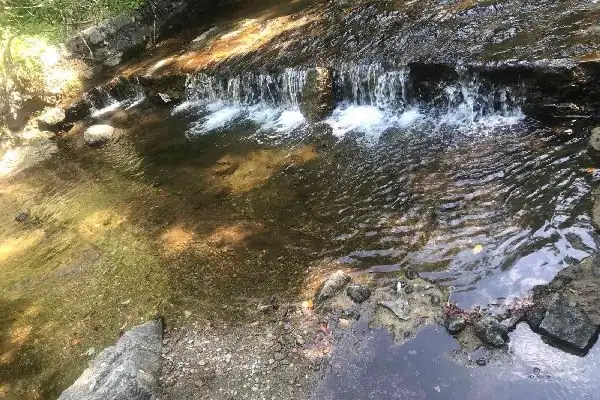
KASTANIES, Greece – Greek farmers in the Evros region are raising concerns over the future of their water supply as uncertainty looms over the renewal of a decades-old agreement with Bulgaria.
The deal, which allowed Bulgaria to release water from its reservoirs into the Arda River to irrigate Greek farmlands, expired in July last year.
For nearly 60 years, the agreement provided Greek farmers with 186 million cubic meters of water annually, supporting around 20,000 hectares of agricultural land.
The water was crucial for the region’s crops, particularly during the dry months between May and September. However, with Bulgaria facing its own water crisis and a prolonged political deadlock, the future of the agreement remains in question.
This week, Greek farmers in the border town of Kastanies staged protests, accusing their government of failing to act swiftly to secure a new deal before the summer.
Demonstrators blocked roads and demanded urgent action, warning that a lack of irrigation water could have disastrous consequences for their livelihoods.
“The Arda River is our only source of irrigation. Without this water, our crops will dry up, and many of us will be forced to abandon farming,” said one farmer at the protest.
Local authorities echoed their concerns, pointing to long-standing infrastructure issues. The region’s only water reservoir has severe leaks and is unable to store water effectively. “The problem is that nothing has been done in the last 60 years—no maintenance, no upgrades, no new projects,” a local official stated.
Bulgaria’s Water Priorities
Bulgaria’s reluctance to renew the agreement stems from its own growing water concerns. When asked about the stalled negotiations, the Bulgarian Ministry of Agriculture emphasized that domestic water needs take priority over those of neighboring countries.
“The first priority is to satisfy Bulgaria’s own water demands,” a ministry spokesperson stated. “Only then can we consider supplying water to others.”
Political instability in Bulgaria has further complicated the situation. The country has had multiple caretaker governments in recent years, delaying key negotiations on international agreements, including the water-sharing deal with Greece.
Temporary Solution, Uncertain Future
Despite the expired agreement, a last-minute deal was struck between Greece and Bulgaria’s national electricity company to continue water releases until September.
However, the terms of this contract remain unclear, and it is unknown whether it will be extended beyond that point.
Greek authorities hope to resume negotiations next month, but with Bulgaria’s internal challenges and rising concerns over water scarcity, a final decision may not be reached before May 1—the date when Greek farmers need water the most.
The uncertainty has left many in the Evros region worried about the future of their farms. Without a long-term solution, they fear that agriculture in the region will become unsustainable.
“We need guarantees, not temporary fixes,” one protester in Kastanies said. “If our government does not secure this agreement soon, many of us will not survive another dry season.”
As summer approaches, Greek farmers are bracing for a critical period that could determine the fate of their livelihoods, while Bulgaria weighs its own water security against long-standing international commitments.
